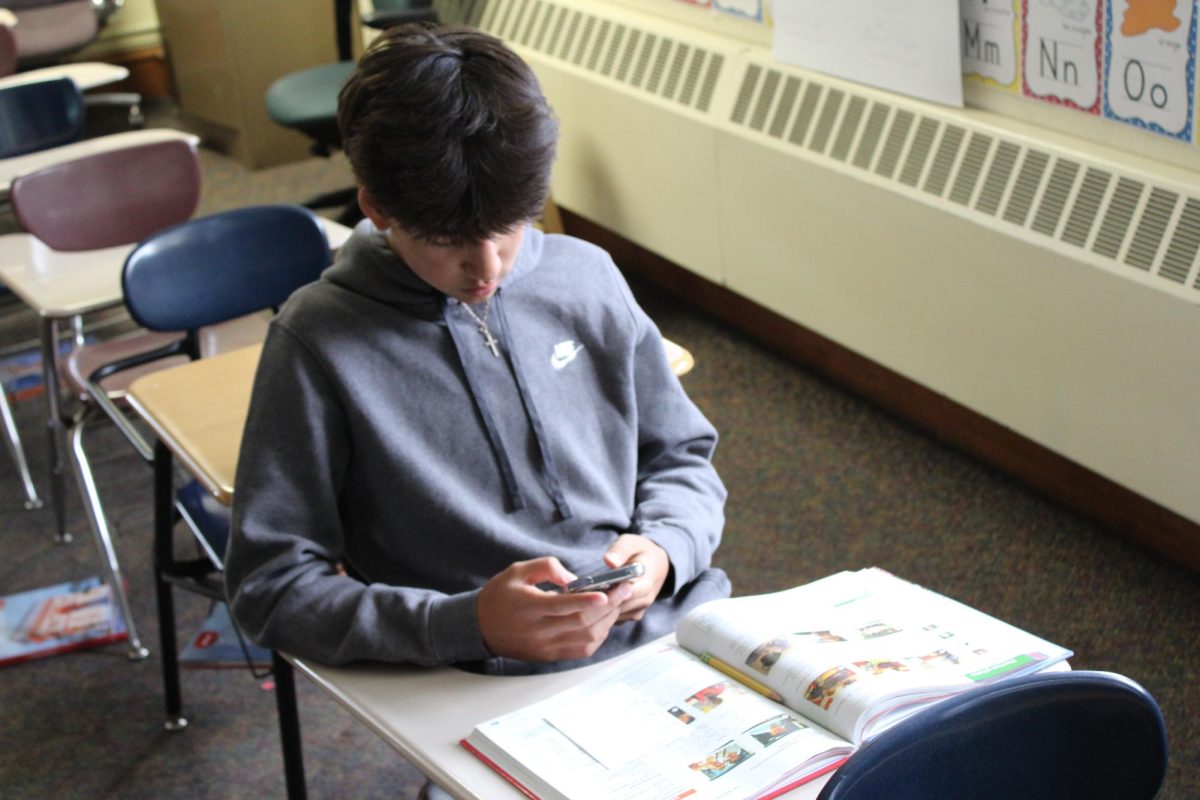“The Perks of Being a Wallflower” is a young adult novel that was first published in 1999 by Stephen Chbosky. Thirteen years after its release, Chbosky took the initiative to direct and release a coming-of-age romantic drama film adaptation of his own work, bringing the beloved characters and poignant themes to life on the big screen.
The novel is narrated by Charlie, a socially awkward and introverted 15-year-old student in the 1991-1992 school year. “The Perks of Being a Wallflower” is an epistolary novel, which means that it is written in the form of letters. The narration is completely one-sided throughout, since the novel only consists of letters that Charlie writes. His letters are realistic instead of a forced and phony teenager point of view.
He is the titular wallflower who will face his freshman year of high school, clinical depression and traumas all while making close friends. After some time, Charlie meets Sam and Patrick, a duo of step siblings who help him open to the world around him and meet new people.
Charlie starts to write letters to his anonymous “friend” as a way to process his experiences and trauma, seeking an outlet for his thoughts and feelings without fear of judgement or intervention the night before his freshman year. Eventually, he begins to talk about his challenges in his first year in high school and the traumatizing experiences he has been through. Charlie also makes several references to other literary works, films, and pop culture in general. He begins to have new, typical first teen experiences: malls, football games, school dances, school fights, cruising, parties, hanging out, first crushes, first relationship, first everything. It’s not only easy to understand, but through Charlie’s experiences, a lot can be learned.
Using Charlie’s voice, Chbosky explores the complexities of people and discusses heavy topics like sexuality, mental health and abuse, but also romance and friendship. The book portrays the honest experience of what it feels like to be a teenager. The feeling of being so afraid of the future because everything and nothing makes sense, but also in love with moments of your life that you don’t know how to explain those feelings.
Chbosky made the story so compelling even when it’s all being told to us after-the-fact. The book doesn’t drag or hold back the story. Characters get developed as the book goes on. Charlie tackles trying to the learn the why of it all. However, Charlie eventually comes to terms with his past and decides to “participate” in life instead of being an observer.



















